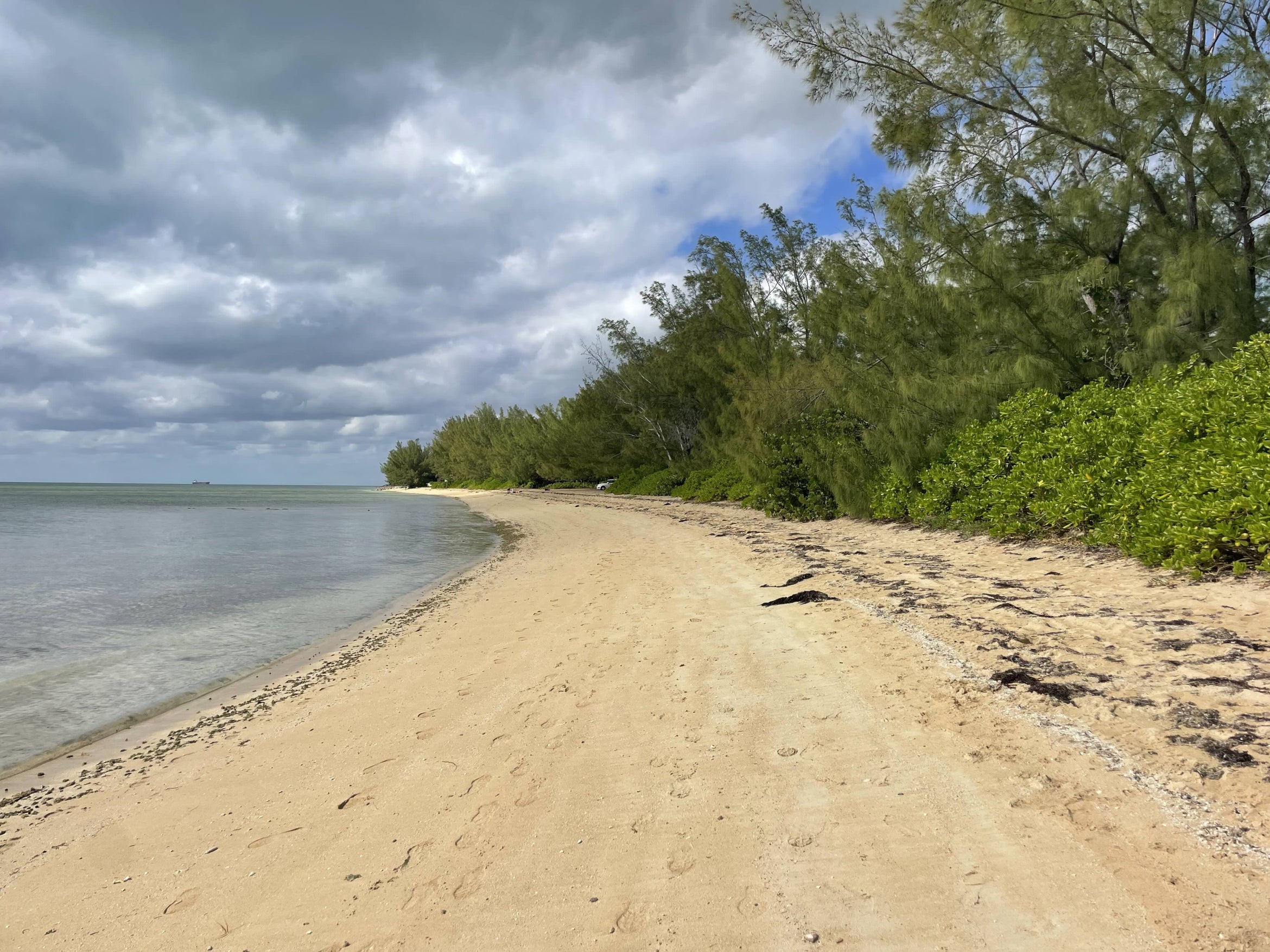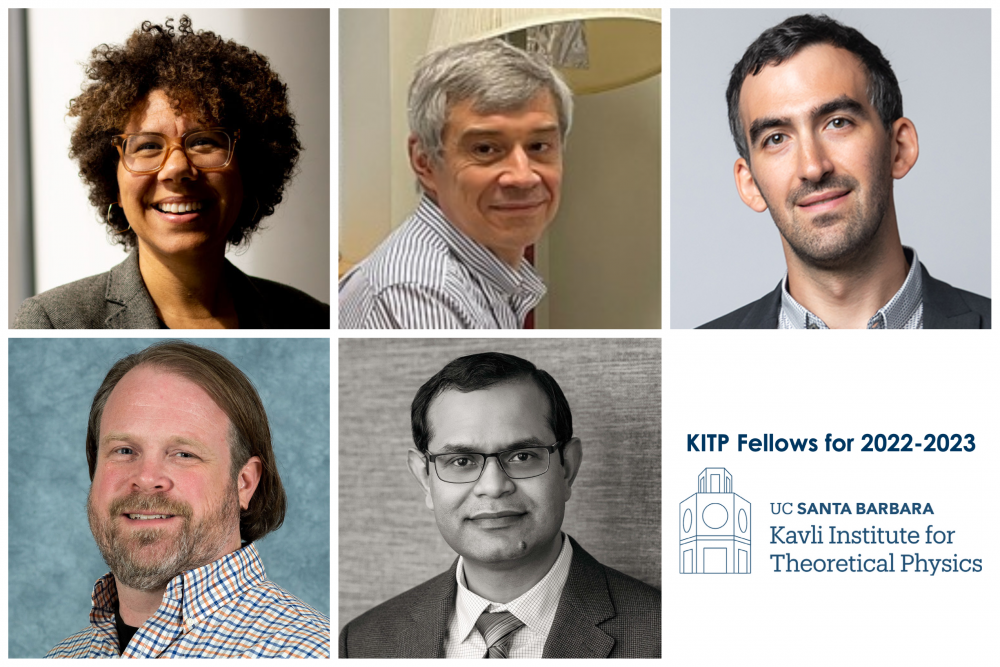
Enhancing Research
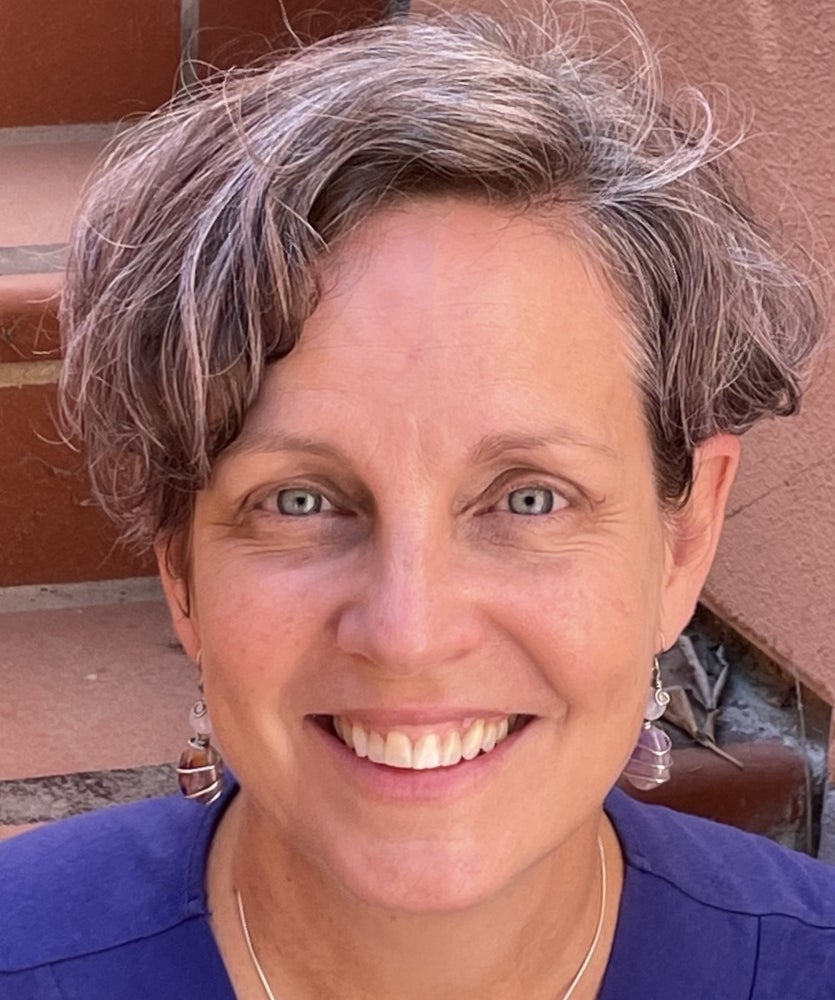
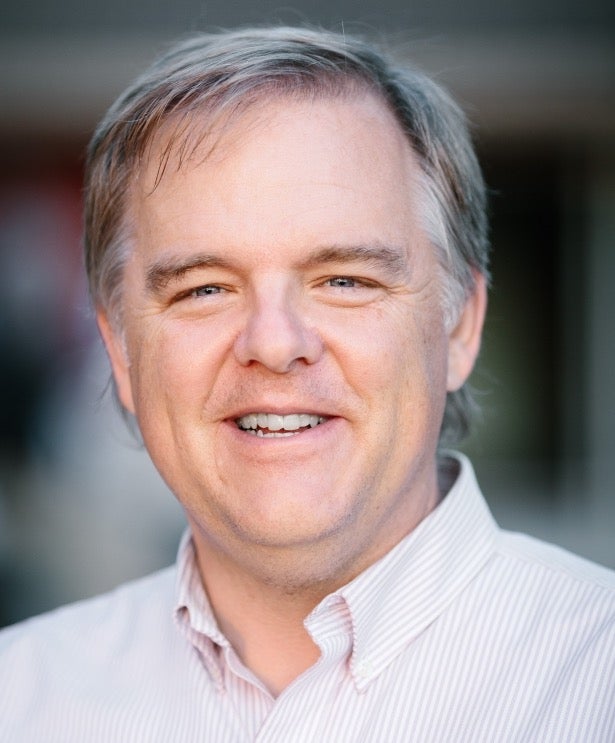
Many characterize science as disinterested, a dispassionate search for the truth of nature and unconcerned with politics and justice. The folks at the Kavli Institute for Theoretical Physics (KITP) at UC Santa Barbara, however, believe science is most fruitful when scientists collaborate, share their experiences and join together as a community. They see science as a human endeavor — and they work tirelessly to support it in all ways possible.
Case in point: KITP has launched a new fellowship that aims to address the underrepresentation of minorities in physics, especially theoretical physics. “This program specifically targets physics and astronomy faculty at teaching-intensive U.S. colleges and universities designated as minority-serving institutions,” said KITP’s Chief Administrative Officer Lisa Stewart.
“Good ideas don’t flow in one direction,” she added. “As with any of the over 1,000 visiting scientists to KITP each year, we expect fellows to bring their own research ideas to contribute to the conversations, and hopefully they’ll find new ones here that stimulate their own research as well.”
Funded by the Heising-Simons Foundation for a three year period, this new program covers fellows’ travel and accommodations for six to eight weeks, in addition to a stipend. This stipend should alleviate financial worries an applicant may have about needing to take on additional teaching obligations to make up for the time they’ll be away.
“Many students at non-R1, minority-serving institutions would like to participate in research,” said KITP Director Lars Bildsten. “Research experience can help them gauge their interest in pursuing a career in a STEM field. The KITP Fellows Program supports physics and astronomy faculty from these schools who are eager to expand opportunities for undergraduate research.
“We hope that, in addition to boosting faculty research, this program also increases the retention within STEM disciplines of students from underrepresented minorities,” Bildsten added.
The first cohort consists of five KITP fellows:
- · Louise Edwards Cal Poly San Louis Obispo
- · Igor Bondarev North Carolina Central University
- · Alexander Klotz Cal State University Long Beach
- · Joel Walker Sam Houston State University
- · Samaresh Guchhait Howard University
Each fellow chose a time to visit based on KITP’s schedule of programs and conferences, or an opportunity to interact with others at KITP and at UC Santa Barbara. The experience will enable faculty with higher teaching loads to devote time to their research and collaborate with UCSB and KITP faculty, visitors and postdocs.
The new program builds upon the success of the KITP Scholars Program, established in 1998. Similar to the fellows program, the scholars program supports visiting physics researchers who are faculty at teaching-intensive U.S. colleges, although they are not required to be minority-serving institutions. Scholars are invited for three two-week stays over the course of three years.
Current fellow Joel Walker has visited the institute before as a KITP scholar. “Faculty at smaller and teaching-intensive universities can easily lose contact with the larger mission and progress of theoretical physics,” said the particle physicist. “The scholars program helped me integrate with the community and better understand the scope of current activities and priorities.”
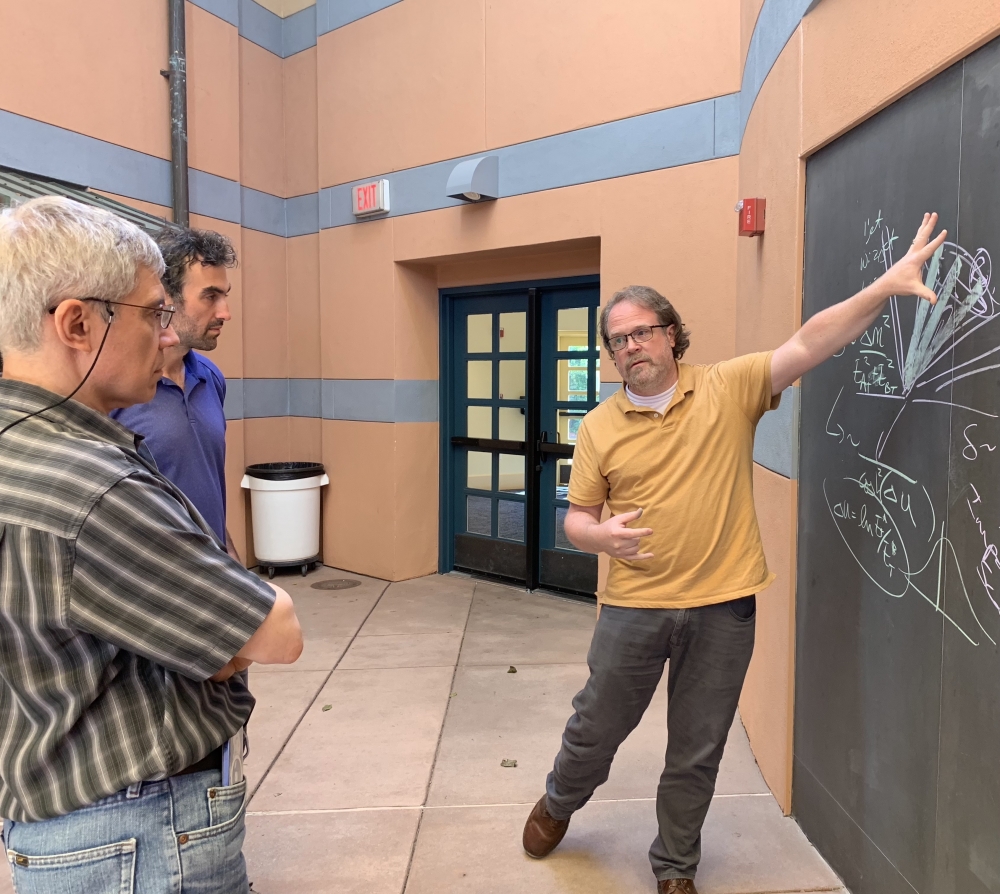
Bondarev, Klotz and Walker discuss topics of a mathematical nature in the courtyard of KITP’s Kohn Hall.
Photo Credit: KITP
Walker credited the experience with helping him make more productive choices in research projects and contributing to his subsequent success with National Science Foundation grants. “It made me feel included and active, building confidence and enthusiasm that gets recommunicated in the classroom,” he continued. “This likewise increases the chance that our students — many of whom are first generation or from groups historically underrepresented in physics — will pursue graduate education and a career of their own in the field.”
The KITP Fellows Program is the result of several years of collaboration between the institute and the Heising-Simons Foundation. “The foundation encouraged us to explore new ways for KITP to engage the physics community that might have broader impacts than our current programs,” Bildsten recalled. “This led to many discussions that Lisa and I had with different physics organizations that focus on ensuring participation of underrepresented groups in physics.”
For example, Stewart attended the National Society of Black Physicists (NSBP) conference in 2019, where she encountered incoming President Stephon Alexander. “As I listened to Stephon’s aspirations for NSBP, in a room filled with hundreds of Black physicists, my mind was racing with possibilities for connections with KITP.”
Not long after this, Bildsten, Alexander and Stewart began to co-organize an event for the summer of 2020, an event that ultimately was cancelled due to the COVID pandemic. Those planning efforts pivoted into the launch of a different, virtual seminar series as KITP began co-hosting the NSBP Innovate Seminar Series, a new forum for NSBP members to share their research ideas and projects with a wide audience.
But Bildsten, Stewart and the rest of KITP’s team wanted to do more. So, current NSBP president Hakeem Oluseyi recommended leveraging the institute’s core strengths. “Your focus is on faculty,” Stewart recalled him saying. “Why not make a program that focuses on faculty development?”
With NSBP’s facilitation, Alexander, Stewart and Bildsten connected with physics departments at historically Black colleges and universities in conversations to refine the idea. They also met with the leadership of the National Society of Hispanic Physicists. The Heising-Simons Foundation has pledged an initial three years of funding. For its part, KITP is committed to making this a permanent fellowship.
“I’m eager to see what impact we can have with our first three years of exploration,” Bildsten said.


